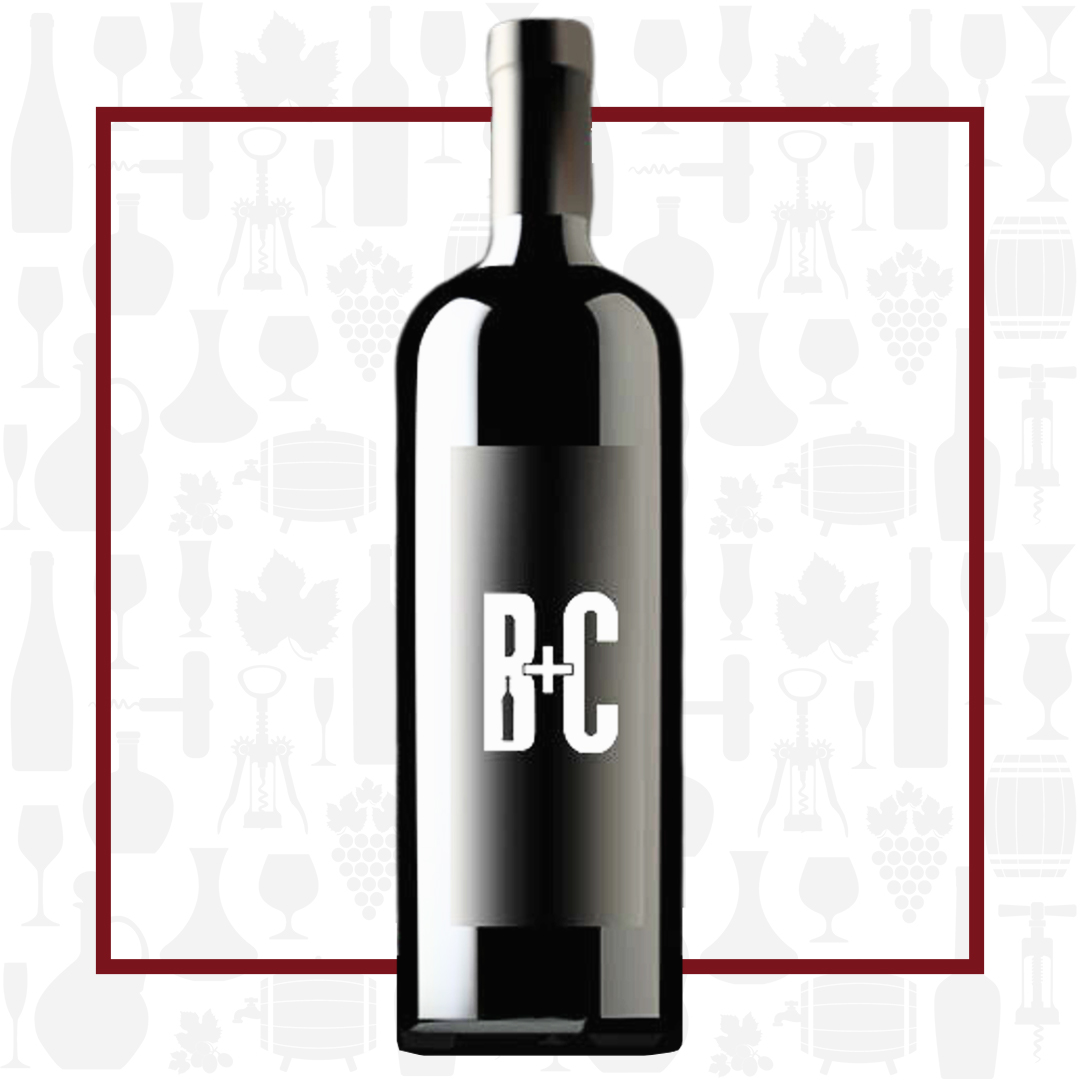Cellar Profile
Antonio Lopes Ribiero and Sara Dionisio left their steady jobs in the art world in Lisbon and moved back to Mouraz, Antonio’s birthplace where his family has had vineyards for many generations. The land had been farmed organically before, and that’s how Sara and Antonio wished to continue. Making wine in their tiny winery, adjacent to the local village church and just a stone’s throw away from the house Antonio was born in, they have deep generational ties to their village, Mouraz, and its terroir. In the cellar, there is a marriage of old and traditional, with modern approaches. Gentle pressings, natural yeast starters, long lees contact in the wine and minimal handling are the time-honored practices. Stainless steel tanks with temperature control and pneumatic presses represent the modern improvements. The results are clear: fresh and pleasurable wines with pure expressions of the older grape vines from which they were sourced and distinct transparency to the terroir they have grown up on.
Region
Named after the river which runs throughout the Iberian peninsula before entering the Atlantic Ocean, the Douro region is best known for producing the fortified wine, Port. The past few decades have seen an uptick in the quantity and quality of unfortified wines, usually falling under the DOC Douro designation. The region’s vast array of native grapes are the ingredients for both Port and their unfortified counterparts, most notably Touriga Nacional and Tinta Roriz (Tempranillo) for reds, and Gouveio, Rabigato, Malvasia Fina and Viosinho for whites. The climate here is hot and dry, with steep terraced vineyards combining to produce extremely ripe grapes and subsequently full-flavoured, high alcohol wines.
Vineyard
From 3 different vineyard plots in the Duoro Valley. All these old vine vineyards are farmed biodynamically, planted in schist soil, with traces of clay. The rocky slopes have excellent drainage, and the cool evenings help moderate the heat of the day to maintain balance.
Winemaking
Hand-harvested. All varieties are co-fermented using indigenous yeasts in concrete lagares. After a long fermentation, the wine is aged in stainless steel to preserve primary fruit aromas, followed by further bottle aging to mellow tannins.
Varieties
A blend of primarily Touriga Franca and Touriga Nacional with Sousão and Tinta Barroca. Touriga Franca is the most widely planted grape in the Douro Valley and, along with Touriga Nacional, is considered among the finest of all Port grapes. It exhibits abundant aromatics and fruit character. Touriga Nacional, the king of Port grapes, is also gaining notoriety for its ability to create full-flavoured, firmly structured red wines. Its small berries result in hugely tannic wines that have an unrivaled ability to age. Sousão adds a rusticity and raisin character to blends.
Tasting Notes
A lighter take on the Duoro. While still packing some heft, the brilliant acidity and lifted mouth feel make this an elegant sipper. Dark fruits and spice notes on the nose and palate, but lacking much of the prune-raisin notes that predominate a lot of Duoro wines. There is some noticeable tannic structure, but the tannins are balanced with the fruit perfectly. A perfect partner to grilled lamb.

